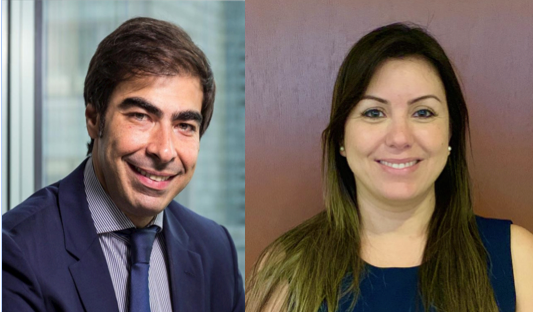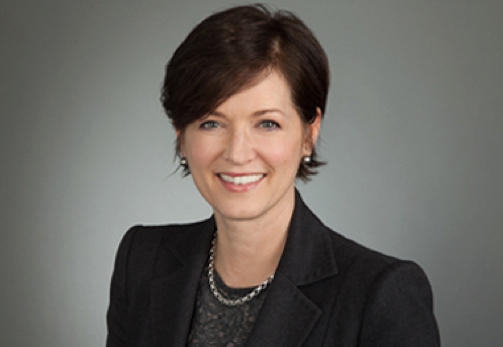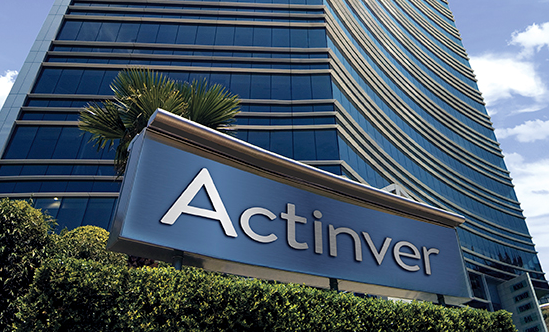Aberdeen Standard Investments: “Our Multi-Asset Strategy Allows Us To Add Value Through Diversification”
| For IreneValiente | 0 Comentarios

Given the current valuations, investors in traditional asset classes face a challenging environment for medium-term returns and available profitability. In addition, the most likely scenario is that volatility and the periods of stress experienced by the market in 2018 will continue this year. This is the vision of Aberdeen Standard Investments (ASI), which, in this situation, is committed to a flexible multi-asset solution that “adds value” through diversification.
This strategy is structured through the Aberdeen Standard SICAV I – Diversified Income Fund, a fund that invests in emerging debt (27.5%), listed equity (20%), infrastructure (11.2%) property (9.2%), high yield bonds, loans and litigation, among other asset classes. “The breadth of this universe allows us to fully harness the benefits of diversification and provides a solid foundation for delivering the strategy’s objectives,” says Becky Nichols, Multi Asset Specialist of ASI, in an interview with Funds Society.
By not being tied to a specific index nor forced to hold investments that they regard unattractive, the fund allows for “unconstrained and flexible” asset allocation. And it’s that flexibility which allows them to “add value by rotating asset allocation”, increasing the exposure of those offering better returns and reducing or selling those that are less attractively valued. This also enables them to provide some downside protection in times of stress.
The fund’s approach is to seek fundamentally attractive long-term investments through exposure to a wide variety of products, as, while the attractiveness of an asset may vary depending on the moment of the market cycle, the attraction of diversification “persists.”
With this in mind, the management company uses five-year return and risk estimates, they then refine them with the fund’s specific holdings and, finally, combine them with the volatility and correlation estimates.
All this incorporates qualitative judgement that includes capturing prospective risks and pragmatic issues that the process cannot incorporate (such as liquidity risk) and assessment of niche opportunities. “At the end of the process, we have a basic vision of where we believe the world is going, the implications for investment returns for the broad range of assets, and the indicative portfolios that result to achieve the fund’s objective,” says Nichols.
Their core belief is that there are several asset classes with attractive return prospects, but different return drivers, so that by combining them, returns can be more attractive than those of an isolated asset class. “It’s a robust approach in differing market conditions,” she adds before pointing out that a key aspect of this philosophy is the asset manager’s ability to “identify and access a broad range of asset classes in a liquid form.”
All in all, it’s a multi-asset solution for long-term investors looking to obtain a high, but sustainable, annual return combined with capital growth. The objective is to obtain volatility well below that of equities and a return of 4.5% per annum, which was reached in 2018.
The portfolio is fully global, but they are currently finding opportunities in emerging market bonds in local currency, mainly due to the attractive nominal and real yields they offer compared to developed countries. This is supported by cheap valuations of currencies and “decent” underlying fundamentals.
According to Nichols, the overall economic outlook for emerging markets is positive, as most are growing at a solid although unspectacular pace and inflation is under control, which supports investors’ optimism. She maintains that one of the risks is that the Chinese economy “will slow down significantly in the coming years, which would generate stress for those emerging governments which are more China-exposed”.
Another potential source of risk is, in his opinion, Donald Trump’s administration and economic policy, due to both possible protectionist measures and the fact that his fiscal and migratory policies may result in a stronger dollar, which would lead to a depreciation of the emerging currency.





